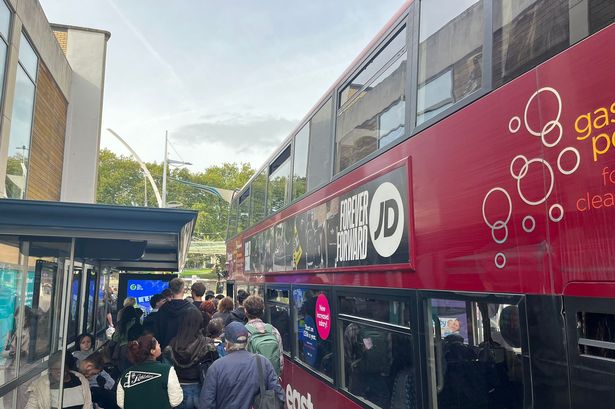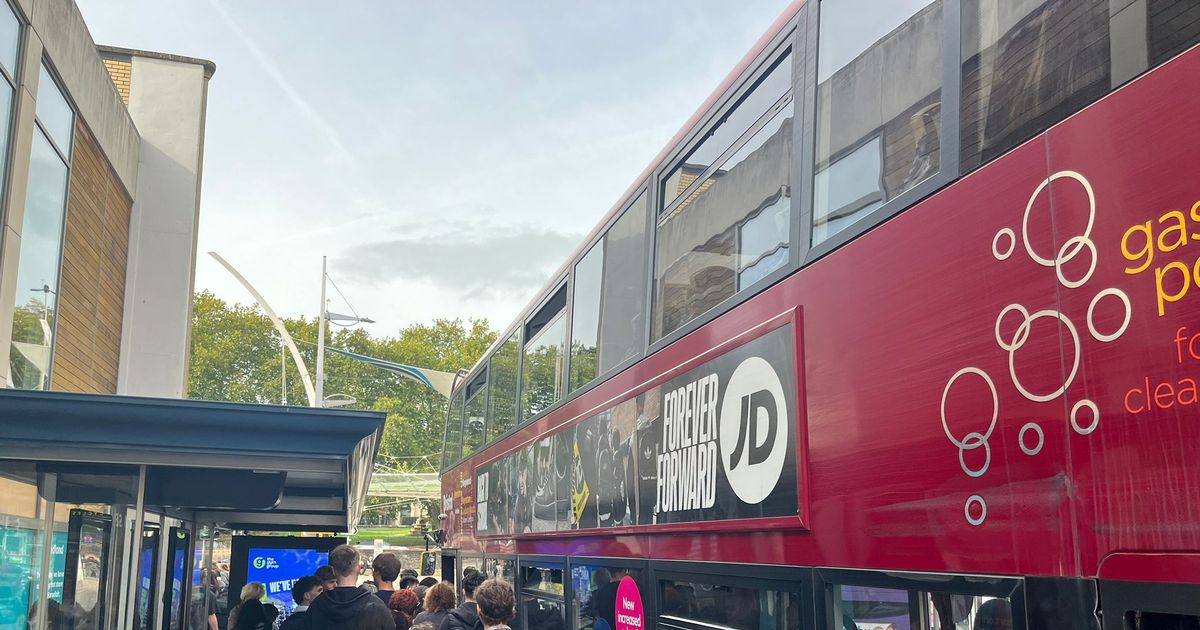Greens say they are ‘not anti car’ as they push major transport changes
Bristol Live readers are not convinced as Green party leaders in Bristol reject claims that they are anti-car who say their aim is to improve transport for everyone rather than punish drivers.
One year into their leadership of Bristol City Council, the Greens say congestion, unreliable buses and crumbling roads demand change even if some people resist it.
Councillor Ed Plowden, chair of the transport policy committee, told Bristol Live: “People do not always like change, but nobody likes the current system either. We all agree there is a problem, even if we disagree on the solution.”
He said boosting bus use would ease pressure on the road network and support the economy. National figures suggest Bristol needs around 5,000 more daily public transport users to stay competitive.
Councillor Tony Dyer, council leader, said transport inequality was harming poorer areas. “Some communities simply cannot access jobs and services. Our system is unbalanced. This is not anti car. It is pro transport,” he said.
The council spent £20m on road repairs last year and filled four thousand potholes. More bus lanes are being protected and added to help services bypass gridlock, as seventy per cent of delays are caused by traffic. Future plans include trams or long bendy buses with rapid boarding and dedicated routes. A mixed system is likely depending on road width.
By 2028, the Greens say both buses and cars should move more smoothly. Work is also planned to repair river walls, restore bridges and simplify pothole reporting. “This is about a long term, reliable transport network for everyone,” said Cllr Plowden.
Commenter Bristol_Girl says: “We all know the Greens are anti-car, look what they did in Brighton. What they seem to never be able to articulate is where the cash will come from once they’ve successfully run cars off the road and replaced them with donkeys and diesel buses. In 24/25 they made £9m from fines alone. Then there’s the much loved CAZ – all of this generates huge sums for the council so where will this missing cash come from in the future? The answer is us – they’ll come with the begging bowl in the form of council tax rises.”
Pointer2null thinks: “It’s not only the reliability of the buses, but the cost (it’s usually cheaper to drive if you have parking available) and the lack of routes that circumnavigate the city. Also there are a lot of people like myself, who live outside the city where there is no public transport.”
Pioneer2508 replies: “Is £2.50 from anywhere in Bristol or £3 outside of Bristol expensive, especially putting into consideration fuel, CAZ, parking, tax, insurance, wear and tear etc? This is still one of the cheapest cities in the UK to travel by bus given distance.”
Magrathean believes: “They are anti-car. They know they are destroying businesses in the centre.”
Cheingmai1 agrees: “They are making the city centre more and more anti car as time goes on. It will continue, in the past we all know traffic flowed, cars worked and so did buses. Now it’s a disaster.”
Figaro1785 is pleased that: “Trams are now being explored for Bristol. Double-deckers can take 75 passengers, trams can take up to three times more. Now only WECA and its mayor have to be on board with this. Meanwhile, why the delay with a bus franchising plan?”
MaddDogg agrees: “Trams would use existing road space and share roads with other traffic. I think the idea is they could carry a lot more passengers than a bus. I’m neither for or against them, but what Bristol currently has, does not work.”
Sparky7 says: “The public transport system does not work for the elderly and the disabled, meaning they are isolated in their own homes unless they resort to a taxi, which is in fact a car that someone else is driving. This is discrimination in its worst form.”
Ricla73 agrees: “It would be a good thing if I could actually walk to a bus stop at my age. They’re all too far from my house and they are unreliable.”
Is the Green council making life harder for motorists in Bristol? Does public transport offer a workable alternative? Join the conversation in the comments.
